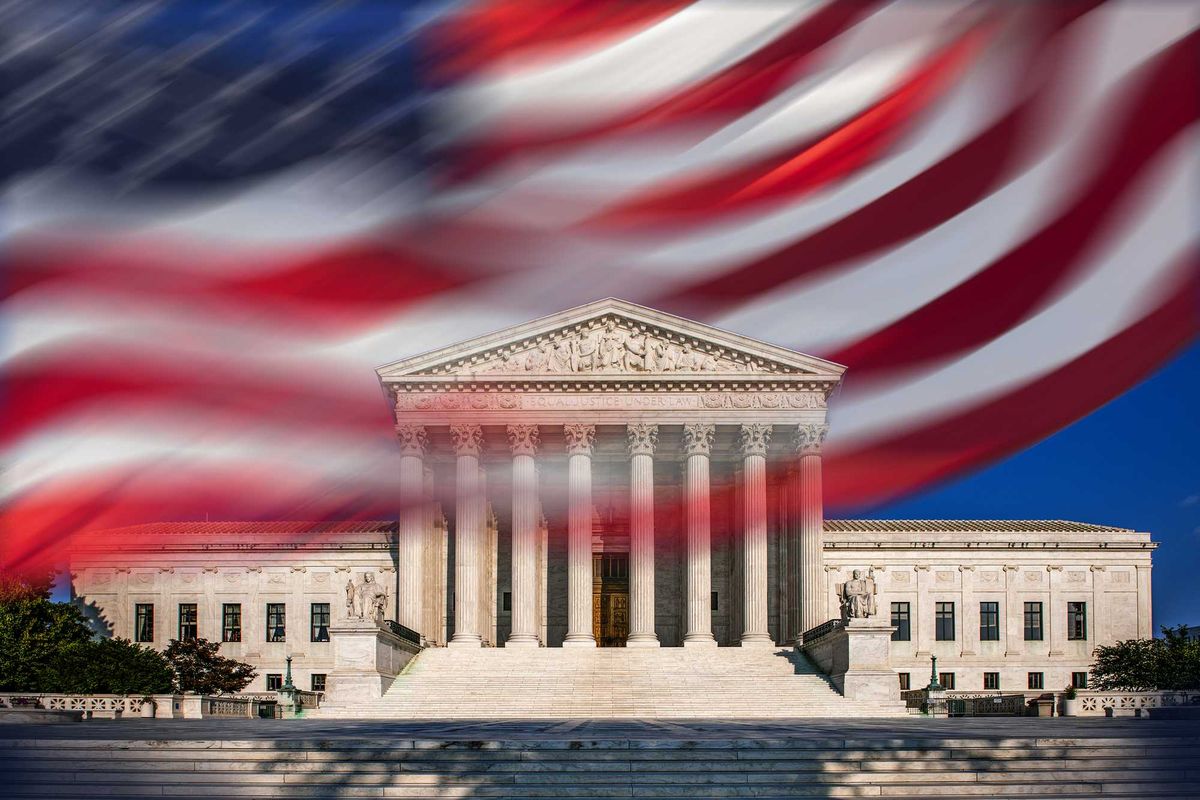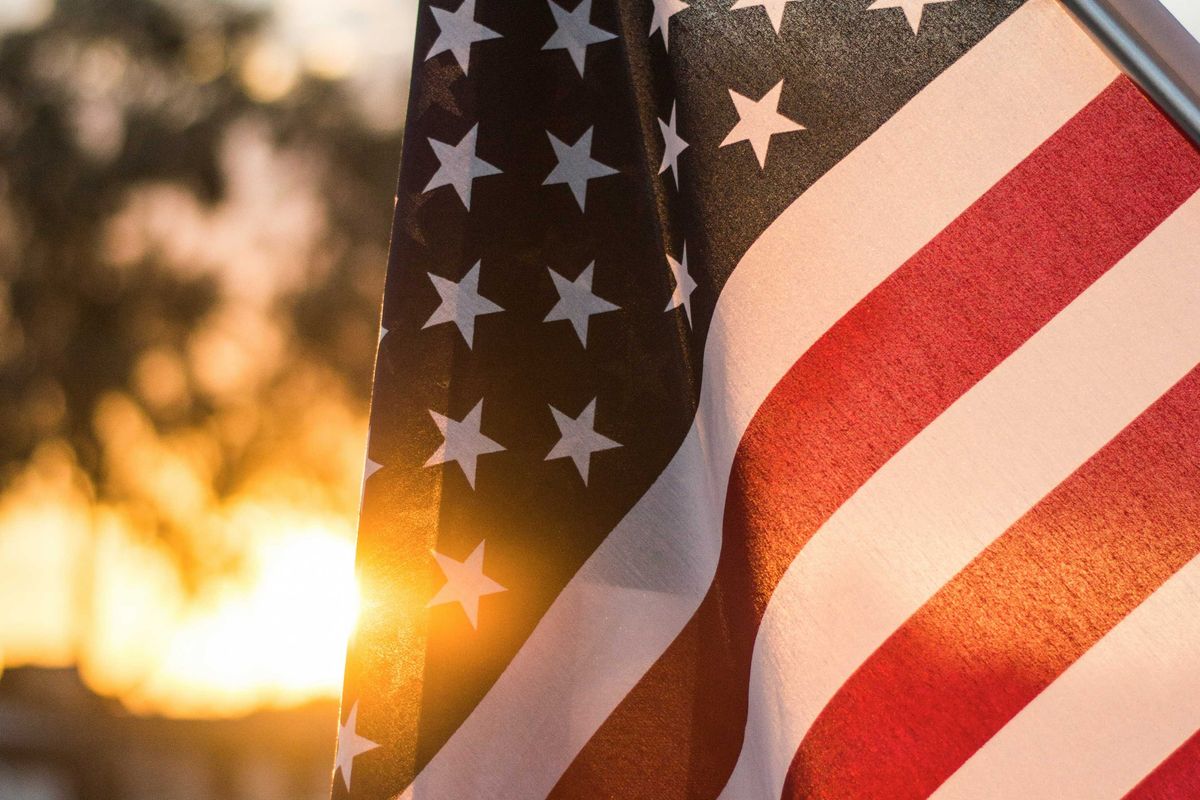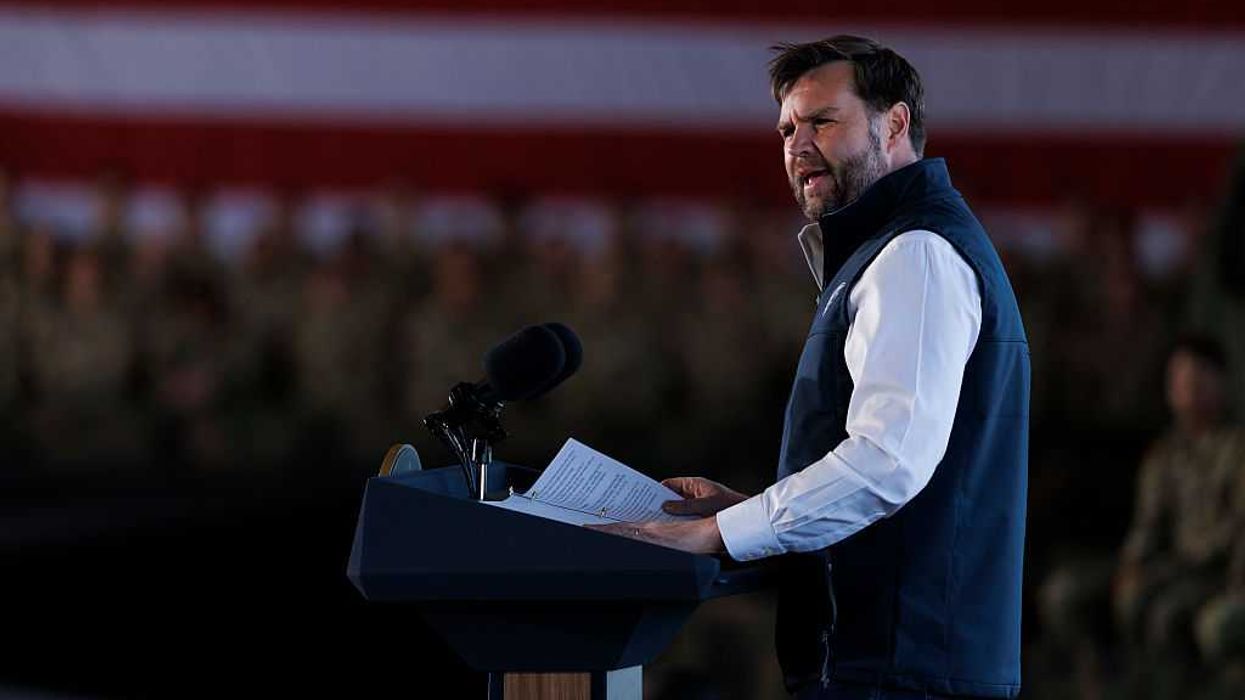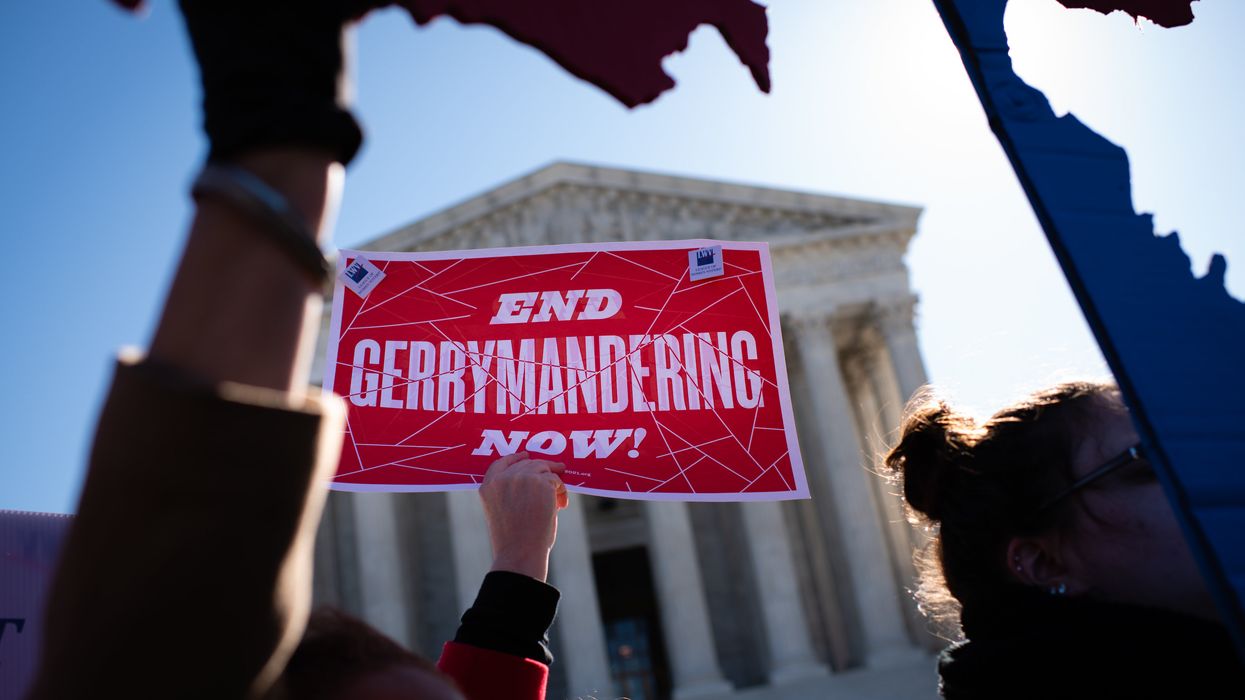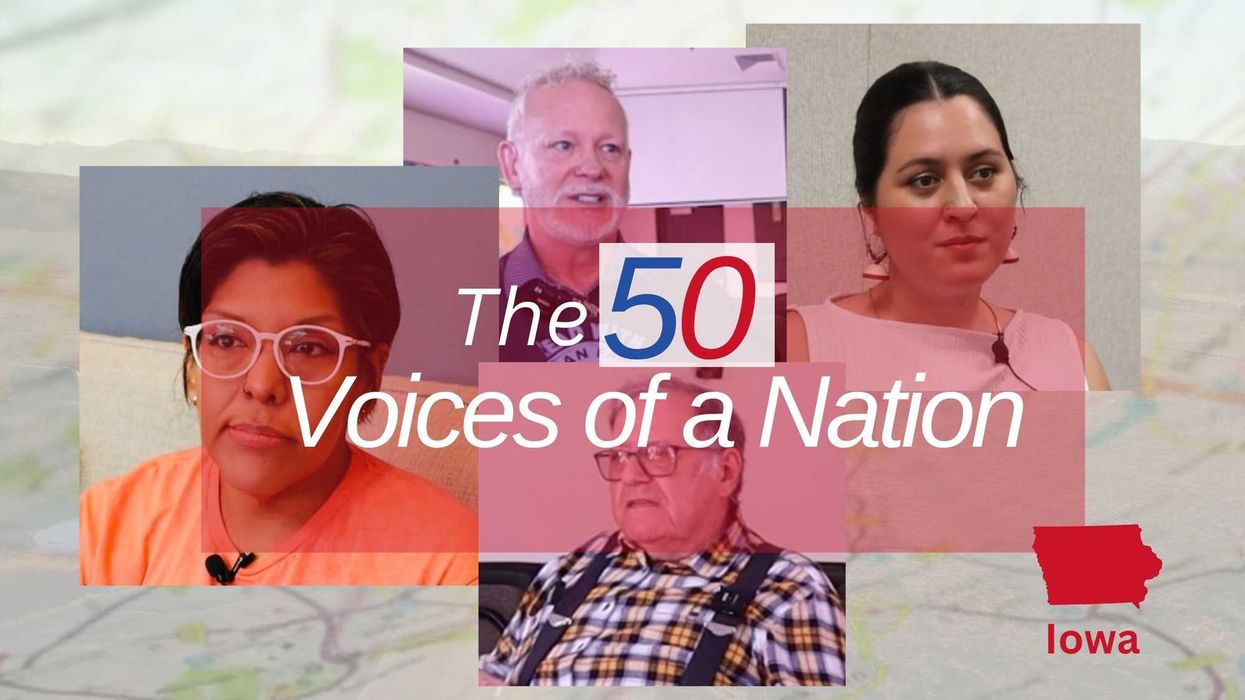Jamison is a retired attorney and freelance writer in Fresno, Calif.
Are we not still the nation of Washington, Jefferson, Adams, Madison, Douglass, Lincoln, Tubman, King and so many others who founded, preserved and enriched the United States? One wonders, when we see today:
- Too many people who holler, "This is a free country," without understanding that with freedom comes responsibility.
- Rampant pig-headedness, incivility and unwillingness to compromise.
- Large numbers who fall for baseless conspiracy theories.
- People who exalt their separate cultures and races over a common national culture.
The better question is: How can we still be that nation? Education is the key. Instead of trying to implement fuzzy terminology like "critical race theory" in education, age-suited, frank lessons on significant Americans can teach our history, good and bad. With portraits and visual aids, students can be asked to imagine they are the person they are studying or are present observing the person at a pivotal event.
There are many possible significant Americans. Picture, if you will: It is November 1776. Gen. George Washington is retreating from New York to New Jersey after losing the battles of Long Island and White Plains, but on Manhattan Island, Fort Washington and some 3,000 Americans hold out. The British attack. You are Margaret Corbin, helping your husband fire a cannon on the British. Your husband is killed. You take his place sponging and loading the cannon and are severely wounded. The fort is lost but you are the first woman to receive a disabled veteran's pension.
It's now December 1776, you are a free black in the Continental Army crossing the Delaware with Washington. A famous painting will later immortalize you as you sit in front of a standing Washington. On the other side, you march to Trenton for four hours in a freezing rain, shoeless like others in this ragtag army of farmers and shopkeepers, where you help achieve a great victory.
In 1796, you read this warning in President Washington's farewell address: "the alternate domination of one faction over another, sharpened by the spirit of revenge, natural to party dissension, which in different ages and countries has perpetrated the most horrid enormities, is itself frightful despotism. ... The disorders and miseries which result gradually incline the minds of men to seek security and repose in the absolute power of an individual and sooner or later the chief of some prevailing faction ... turns this disposition ... to his own elevation, on the ruins of public liberty."
In 1801, you are listening to Jefferson give his first inaugural address. Jefferson calms the factions of which Washington warned, saying ,"We are all Republicans, we are all Federalists."
It's now 1852, Henry Clay's Compromise of 1850 is holding the country together. You are at an anti-slavery convention, where the brilliant Frederick Douglass is speaking and says, "Your high independence only reveals the immeasurable distance between us. ... The rich inheritance of justice, liberty, prosperity, and independence bequeathed by your fathers is shared by you, not by me…This fourth of July is yours, not mine. ... You may rejoice, I must mourn."
In November 1863 you are a soldier in the Union Army attending the dedication of the cemetery at Gettysburg. You hear the high-pitched voice of President Lincoln say, "It is for us the living, rather, to be dedicated to the unfinished work which they who fought here have thus far so nobly advance ... that from these honored dead we take increased devotion to that cause for which they here, gave the last full measure of devotion — that we here highly resolve these dead shall not have died in vain; that the nation shall have a new birth of freedom, and that government of the people, by the people, for the people, shall not perish from the earth."
It's now 1896, and as Homer Plessy you hope to salvage the magnificent civil rights laws and constitutional amendments passed between 1865 and 1875. You are asking the Supreme Court to overturn a Louisiana law that requires blacks to ride in separate rail cars from whites. You lose. You hear as the decision is read aloud: "The argument assumes that social prejudices can be overcome by legislation and that equal rights cannot be secured except by an enforced commingling of the races. We cannot accept this proposition. If the two races are to meet upon terms of social equality it must be the result of ... voluntary consent of individuals."
But then you hear Justice John Marshall Harlan's dissent: "The destinies of the two races, in this country, are indissolubly linked together. State enactments ... cunningly devised to defeat the legitimate results of the war ... can have no other result than ... to keep alive a conflict of the races. The thin disguise of 'equal' accommodations ... will not ... atone for the wrong this day done."
It's now 1939. You are a high school classmate of Yogi Berra, who later becomes a famous baseball player equally well-known for his dog-eared quips. The teacher asks Berra a simple question, like, "What is the capital of the state? He says, "I don't know." Frustrated, the teacher says, "Yogi, don't you know anything?" He replies, "Ma'am, I don't even suspect anything!" An unsuspecting nation is soon at war with Time magazine's 1938 Man of the Year, Adolf Hitler, and Berra provides covering fire for the beaches on D-Day.
It's 1944, you are a Hispanic soldier on the Queen Mary, now a tourist attraction in Long Beach but then painted grey to avoid U-boats as it ferried troops from America to Europe. On the "Grey Ghost" the military distributes Superman comic books to buck up the soldiers. Discrimination renders "Truth, Justice and the American Way" unfulfilled for you, but you know you must fight for America's ideals against the far worse evil of the Nazis.
In November 1944 you are Staff Sgt. Macario Garcia. Severely wounded and refusing to be evacuated, you single-handedly assault and destroy two enemy machine gun emplacements, freeing your unit to move forward. You receive the Congressional Medal of Honor for conspicuous heroism and inspiring courageous conduct.
It's 1954. You are in the chamber when the Supreme Court reads the decision in Brown v. Board of Education that "separate but equal" in education is inherently unequal.
It's 1960. Casey Stengel has managed the New York Yankees to seven world titles since 1949, but is canned because he turned 70. He wryly comments, "I won't make that mistake again."
In 1963 you are on the National Mall and hear a Martin Luther King say, "I have a dream."
You are now an 11-year-old Hmong child in the jungles of Laos. Your gun is taller than you are. You have been drafted to fight the Laotian and North Vietnamese Communists under General Vang Pao in support of America and democracy in Laos. Your people revere American ideals, rescue American flyers, and disrupt the Ho Chi Minh trail. You fight at night and play with some toys in your pocket during the day. The war is lost. You escape to America. Where you once had to learn how to use a hoe, now you must learn to read and write. Your children excel.
It's 2017. You are listening to President Obama's farewell speech in Chicago. You hear him say, "The work of democracy has always been hard ... always contentious. Sometimes ... bloody. ... But the long sweep of America has been defined by a ... constant widening of our founding creed to embrace all and not just some."
To understand America, then, with its great promise and its great faults, our children, in elementary school and again in secondary school, must study the mosaic of the remarkable people of America, their times, character and challenges. Our children should be able to identify with individuals of their own sex, color or culture and with the stake that they had in America's experiment.
Elementary school teachers should also set aside time to read for the class and parents universally acceptable books on good character. Examples include Thornton Burgess' stories of the adventures of woodland creatures like "Bowser the Hound." Bowser was a not-so-bright dog who found himself lost. Bowser eventually overcomes his own foolishness and hardship to find his way back home. Along the way each chapter begins with quotes like, "The harder it is to follow the trail, the greater the reason you should not fail," and "Who when surprised keeps calm and cool is one most difficult to fool."
At the end of the eight-year Revolutionary War, as he fumbled for his spectacles, a now grey-haired George Washington calmed officers of the Continental Army considering rebellion over lack of pay, stating: "I have grown old in the service of my country." Were he to issue a tweet today, it might be: "Grow old in the service of your country!"
Devotion to America's ideals is the goal.

